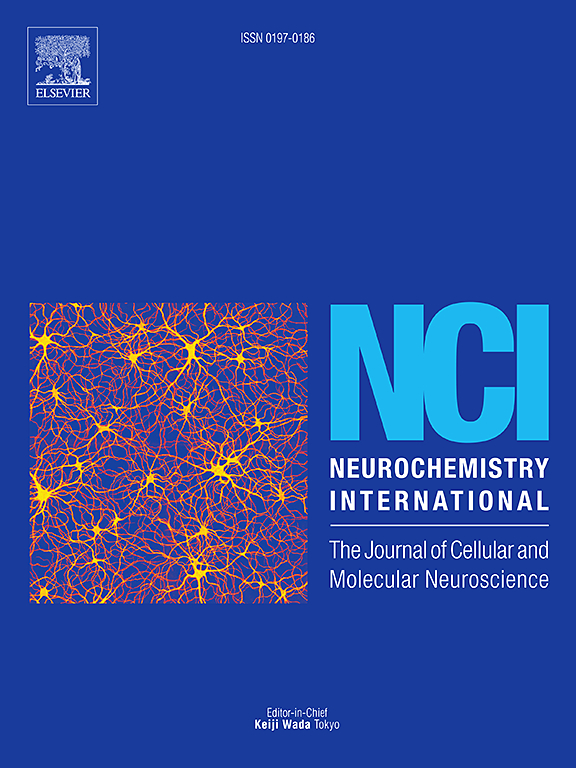Probing impact of sleep deprivation on hippocampal neurochemistry in rats using CEST imaging and 1H-MRS at 7.0T MRI
IF 4
3区 医学
Q2 BIOCHEMISTRY & MOLECULAR BIOLOGY
引用次数: 0
Abstract
Purpose
Sleep is a physiological process that plays a crucial role in maintaining cognitive functions. The hippocampus, a key brain region implicated in cognition, is particularly sensitive to sleep deprivation. we aim to investigate impact of sleep deprivation on hippocampal neurochemistry in rats using CEST imaging and 1H-MRS.
Methods
Twelve female Sprague-Dawley rats were randomly divided into sleep deprivation and control groups. All rats experienced Morris water maze training and testing from Day 1 to Day 6 and underwent MRI scans including CEST imaging and 1H-MRS on Days 1 and Day 3. Lastly, rats were euthanized for Nissl staining.
Results
Sleep deprivation led to a significant decrease in CEST signals across various frequency offsets (0.5–3.5 ppm) in the hippocampus (P < 0.05). Meanwhile, sleep deprivation caused an increase in glutamate (P < 0.0001) with no alterations in other metabolites (P > 0.05). Behaviorally, sleep deprivation impaired learning-memory abilities, evidenced by reduced target quadrant distance (P < 0.001) and time (P < 0.01) in the Morris water maze. Histologically, sleep deprivation caused a decline of surviving neurons in the hippocampal CA1 and CA3 regions (P < 0.001). These indicators correlated negatively with the concentrations of glutamate (P < 0.05) and positively with most of the CEST signals (P < 0.05) in the hippocampus.
Conclusion
The integration of CEST imaging and 1H-MRS offers a promising approach for identifying imaging biomarkers that aid in the assessment and management of sleep deprivation's impact on hippocampal neurochemistry.

利用CEST成像和7.0T MRI 1H-MRS探查睡眠剥夺对大鼠海马神经化学的影响
目的:睡眠是一个生理过程,对维持认知功能起着至关重要的作用。海马体是大脑中与认知有关的关键区域,对睡眠不足特别敏感。我们的目的是利用CEST成像和1H-MRS研究睡眠剥夺对大鼠海马神经化学的影响。方法:将12只雌性Sprague-Dawley大鼠随机分为睡眠剥夺组和对照组。所有大鼠在第1天至第6天进行Morris水迷宫训练和测试,并在第1天和第3天进行MRI扫描,包括CEST成像和1H-MRS。最后对大鼠实施安乐死,进行尼氏染色。结果:睡眠剥夺导致海马不同频率偏移(0.5-3.5 ppm)的CEST信号显著减少(P0.05)。结论:CEST成像和1H-MRS的结合为识别成像生物标志物提供了一种很有前途的方法,有助于评估和管理睡眠剥夺对海马神经化学的影响。
本文章由计算机程序翻译,如有差异,请以英文原文为准。
求助全文
约1分钟内获得全文
求助全文
来源期刊

Neurochemistry international
医学-神经科学
CiteScore
8.40
自引率
2.40%
发文量
128
审稿时长
37 days
期刊介绍:
Neurochemistry International is devoted to the rapid publication of outstanding original articles and timely reviews in neurochemistry. Manuscripts on a broad range of topics will be considered, including molecular and cellular neurochemistry, neuropharmacology and genetic aspects of CNS function, neuroimmunology, metabolism as well as the neurochemistry of neurological and psychiatric disorders of the CNS.
 求助内容:
求助内容: 应助结果提醒方式:
应助结果提醒方式:


